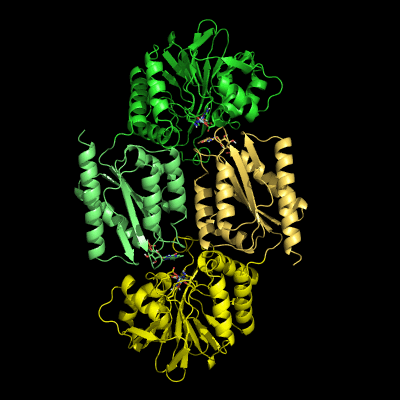Kylie
Defeater of Illogic
- Nov 23, 2013
- 15,069
- 5,309
- Country
- Australia
- Gender
- Female
- Faith
- Atheist
- Marital Status
- Married
So you are disputing the links I posted from greater minds than you or I who understand the odds say that any betting or lottery comparisons will not work because it is beyond those sort of comparisons.
No, I am saying that you are missing a basic point of logic.
OK we are going back and fourth on this now and getting no where. Lets just say that on the one hand we have the idea of a fine tuned universe for intelligent life and on the other hand to counter this we can have a multiverse or multi puddle scenario where there are many variations of universes or holes that make the fine tuned universe for intelligent life not so special.
No. You are poisoning the well. By saying that the universe was fine tuned, you are implying a tuner in order to show there was a tuner.
Apart from the fact that the only real scenario we can look at and test is our universe which shows it is fine tuned for intelligent life. All else is speculation.
Now you are speculating.
All we can conclude is that we live in a universe that has the required conditions for life. It does not follow that deliberate tuning was required to get those conditions. Again, you are poisoning the well.
The only reason I thought it could only exist in one form for verification purposes is because that is the only form we have (us) who happen to be intelligent life.
And you are going about it backwards.
If you take a lottery, and see that out of tickets numbered 1 to 1,000,000 that the winning ticket was 24,387, you might say that someone must have intentionally chosen this particular ticket, since the odds of it happening by itself were literally one in a million.
But this is ignoring the fact that SOME ticket was GUARANTEED to win. One of those million tickets was going to be drawn, it had to be one of them. And each one of them had that same one in a million chance. But it was absolutely guaranteed that one of those million tickets was going to be picked.
So we cannot conclude that a particular outcome MUST have been set up by some agency just because it had a low chance of happening by itself - no matter how low that chance was.
If we start using non-verified ideas then we are stepping outside science. It could say that all the other universes have God made intelligent beings in them as well. How would you dispute them directly. It is the same as how would you verify there are many other universes that have varying types of life. So it is really a thought experiment and nothing more.
But if we only had one universe and the conditions were not right for life how does it adapt to those conditions.
Obviously it doesn't.
Why do you think I'm saying that there MUST have been a universe capable of supporting life? I'm not.
I mean, obviously we know that there is such a universe, since we are in it. But that doesn't mean it was designed.
Yes what you keep forgetting when I say that life had to be a certain way is that in real terms the only thing we can talk about is the universe we live in (this one) which happens to be a certain way. Introducing multiverses for universe and potholes is a good idea and counter but it is just an idea, a though experiment and not scientifically verified. Sometimes I think I am the atheists debating a person who believes (has faith) in the great pot hole multiverse god.
I never said that I think the multiverse idea is absolutely correct. I'm just saying that it's a possibility.
Oh OK, but not all scientists
All reputable scientists.
If the conditions were different where, on this planet and in our universe or in a multiverse.
Where?
Where the life was, obviously.
actually the odds they are talking about you would need more people that there possible is to sell enough tickets to meet the odds. In other words you would only sell a small fraction of the amount of tickets then run out of people by something like 10 to the power of 230. Which is a 10 with 230 zeros. A trillion only has 12 zeros so it is massively big odds beyond anything we could imagine and bet on.
Wow, you are missing the point.
If a million tickets go into a lottery, and I buy all the million tickets, then I am guaranteed to be the winner.
Upvote
0


